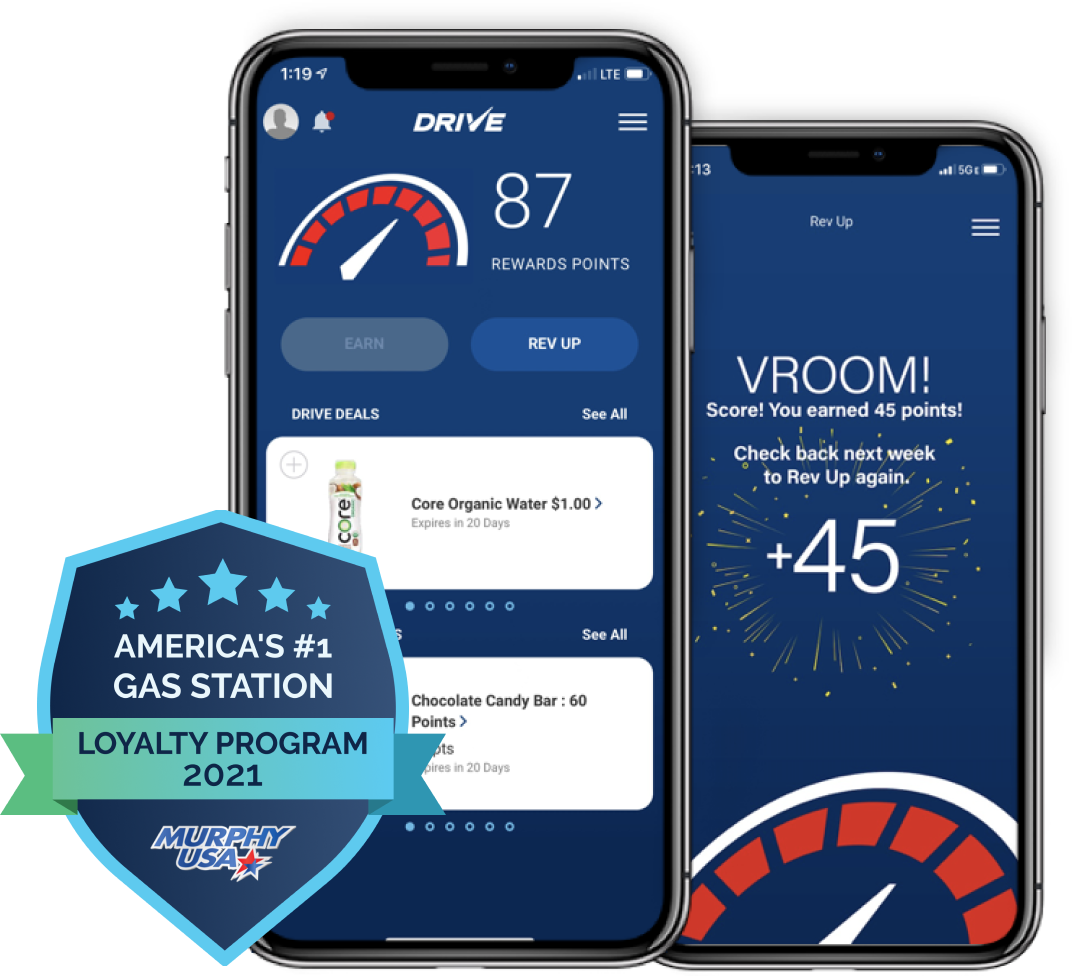 Background
Background
I have been discussing Facebook Places and general privacy concerns with friends and social media mavens lately. Not all of my friends are as open as I am in terms of publishing personal information or their whereabouts to all of their online contacts/connections that they are “friends” with on Facebook. I believe in the basic behavioral assumption of economics, which asserts that people are rational and exhibit maximizing behavior–in this context means that people have more important things to do than to continually look at my Facebook profile to see what I am doing or where I am going. I understand that most people don’t conform to my way of thinking and so does Facebook—the platform has the most granular and robust privacy controls of any social platform.
The Debate
Some of the people I talked to made the argument for using Foursquare over Facebook Places because they only add people on Foursquare that they are willing to share their whereabouts with. I had two things to say about this:
1. Facebook allows for segmentation of Friends into lists with each list having granular privacy controls.
2. The primary reason that Foursquare connections are limited in number is that the service is a niche service. People would face the same questions if Foursquare had 500,000,000 users and everyone wanted to be their friends there.
After talking for a while, it became clear that the people that I was talking to all knew that Facebook enables friend segmentation and has granular privacy controls, and many already group their contacts into lists. So what gives? The rub is not that Facebook doesn’t have segmentation of contacts/connections, but that most people don’t group their Facebook Friends into lists and go as far as setting privacy controls for each list. As noted in a recent TechCrunch article, Facebook CEO, Mark Zuckerberg acknowledges that the majority of Facebook users don’t leverage the capabilities of segmenting friends into lists. Why is this? Just as it is true that for social media marketing efforts to be effective at driving business results and have longevity, social thinking needs to adapted and reverberate throughout the entire marketing org and culture of the company; it is true that for people to adapt the process of categorizing their contacts/connections on Facebook, the process of doing this needs to be more seamlessly integrated throughout the entire Facebook experience from the signup process to day-to-day usage.
The Answer
There is no universal remedy that Facebook can implement overnight. Numerous variables are involved. I believe that a change in nomenclature is the x-factor that gets the ball rolling, specifically Facebook changing the naming convention from “friends” to something more generic such as “contacts” or “connections.” Changing the name of friends to a more generic, higher-level order will help to put users in the mindset of grouping their contacts/connections. This should be executed in conjunction with design changes throughout the site, especially in the signup process where users are first introduced to how Facebook works. I recommend going as far with integration as creating a few base categories such as family, friends and coworkers, and providing different base privacy settings for each grouping. Such a change is a risky proposition, however, Mark and his team have never shied away from risk. The upside for broadening the relationship types could be even more massive for Facebook.
Consider the implication of better defined default-group privacy settings on privacy concerns or the the incorporation of groupings into the profile, or a more robust messaging product. Will users protest base group privacy settings based off the generally accepted norms for sharing personal information and content with family, friends and coworkers? Why do I need to join two platforms to delineate between personal and professional relationships? Is email really the best method for short-to-long-form online communication? Can there be one digital identity and relationship management platform and can that be Facebook? I think yes.
Facebook has amazingly talented product, design, and engineering teams. I am confident that they will navigate through the next phase of growth and iterations to get past the 750,000,000 million user mark in no time. However, to sustain that immense network of relationships the context for maintaining them as individuals must also evolve in a more intuitive way for its ever-broadening community.





